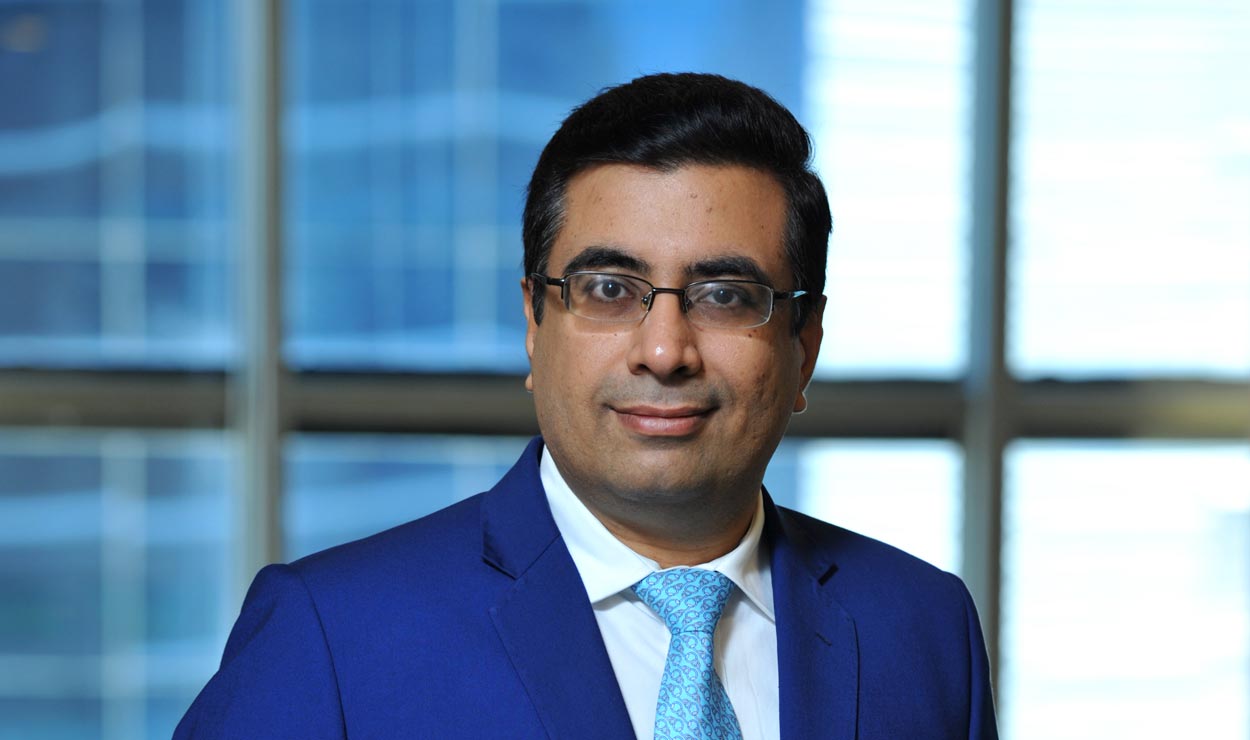
As wealth continues to grow in the country, investors have started to look at new shores to support their growth trajectory. This is one of the main reasons why a fairly new asset class - alternative investment funds (AIFs) have gained significant traction in the country.
The asset class, which was launched in 2012, presently has over 500 funds registered within the segment. According to SEBI, as of June 2018, AIFs have got commitments worth INR 179585 crores and have raised nearly INR 97611.73 crores. On the other side, these funds have invested close to INR 74892.
Considering the trend will continue and AIFs will continue to get more commitments, here are few things investors should keep in mind while parking money in these funds:
Be Aware
AIFs have been around for merely six-seven years, so before committing to a fund, understand the asset and whether it marries your goals.
Umang Papneja, Senior Managing Partner and Chief Investment Officer, IIFL Wealth Management says, “The advice is similar for any investment – be clear on your investment goal and investment horizon. If the product suits your time horizon and investment needs, only then evaluate and invest in these products.”
The Fees
While evaluating an asset class, investors often ignore the fee structure looking at the lovely returns portrayed to them by the fund managers.
But Raghvendra Nath, Managing Director of Ladderup warns them about this ignorant behaviour and recommends investors to critically evaluate the free structure.
“Understand if the fees are justified for the kind of returns that you are going to get after all expenses and taxes. Most of the times investors do not understand the fees completely and later are surprised by the idea,” he pointed out.
Liquidity
AIFs invest in the non-listed space. They generally park money in SMEs, real estate, Startups, etc and hence, your liquidity is likely to suffer.
Giri Krishnaswamy, CIO – The Acord Fund, Centrum Alternatives shares, “It is critical to follow a disciplined asset allocation with risk, age & liquidity determining the level of allocation to this asset class. It is also important to remember that this allocation, especially in the unlisted space, carries the risk to illiquidity and an ability to hold on to these assets for a longer duration.”
Fund Manager
Lastly, check and cross-check the credibility of the fund managers and their ideas as there is almost no exit window in AIFs for investors.
Giving an example of private equity space, Nath says in the earlier fad 6-8 years back, people invested in a lot of PE funds, lured by the promise of high returns. Most of these funds failed to meet their projections and investors were left with no room to act. And in the AIFs space, this is likely to be repeated.
“So, even if you are dissatisfied with the performance, once you have committed, you have to stay the course and endure the pain. For this reason alone, one should think many times before committing oneself to invest in any AIF. Having said, there are some brilliant products, ideas and fund managers in this category. One has to be discernible to separate the wheat from the chaff and only invest in ideas that tick all the boxes,” he advised.

Read the original article:
Entrepreneur
